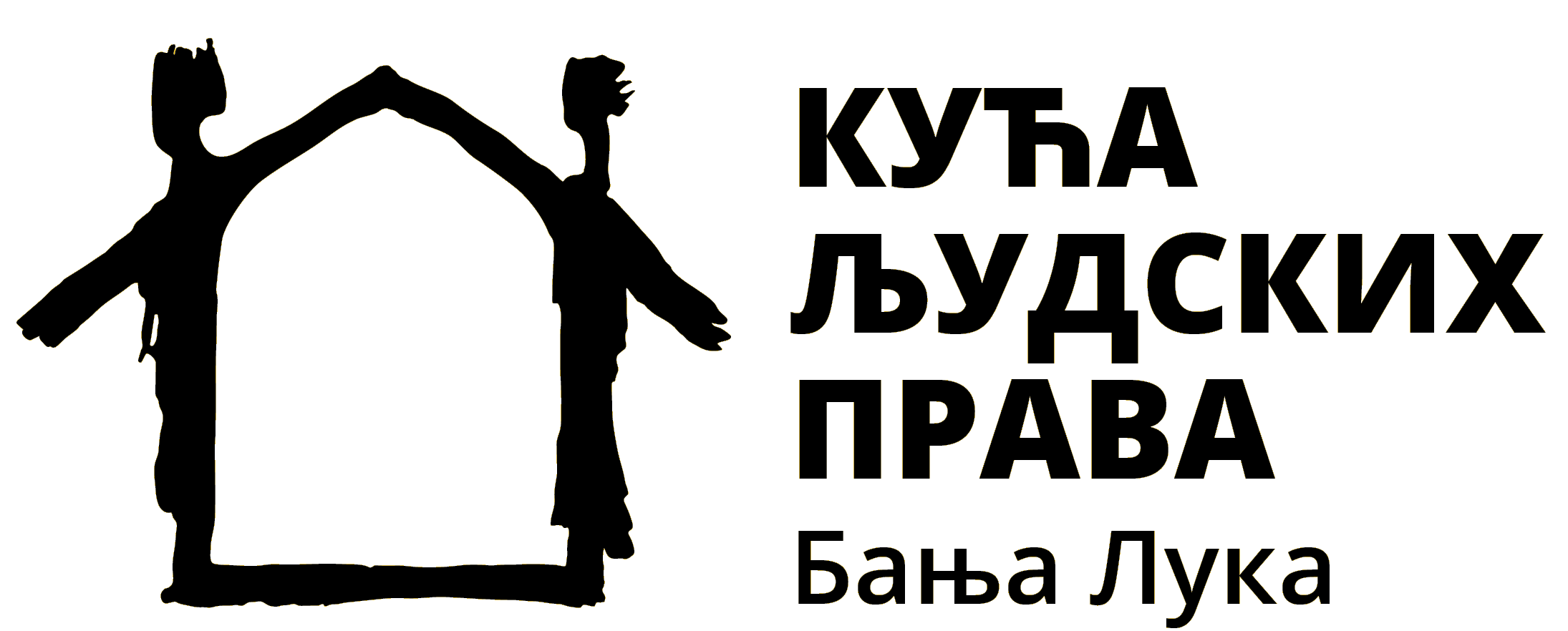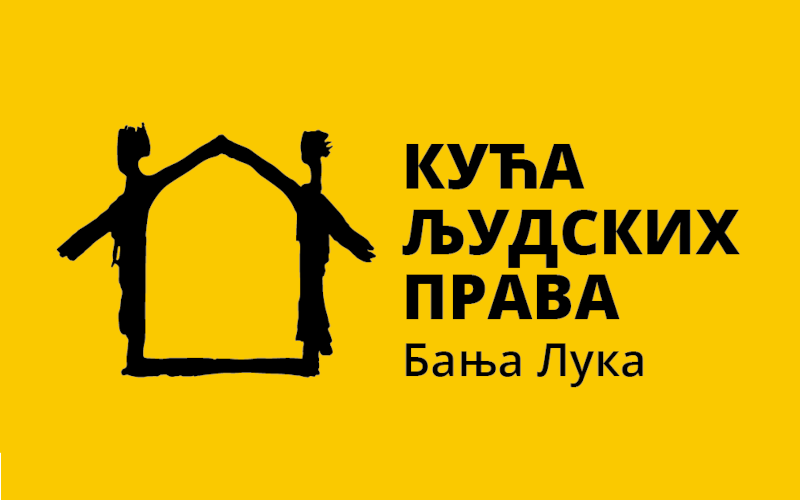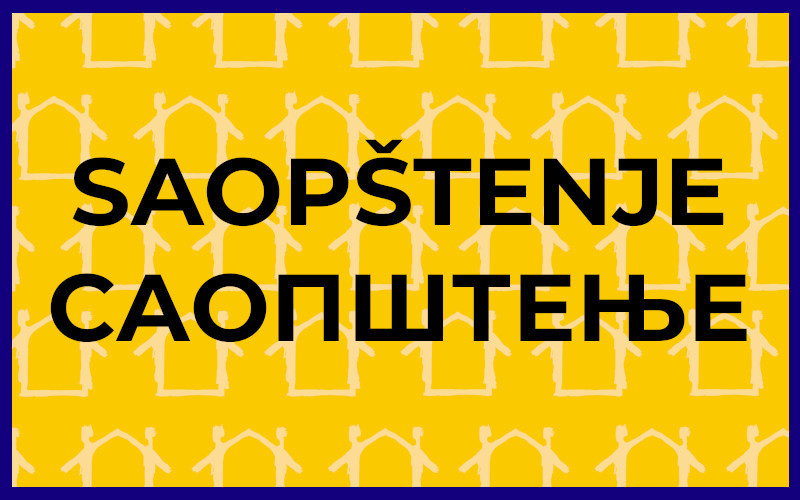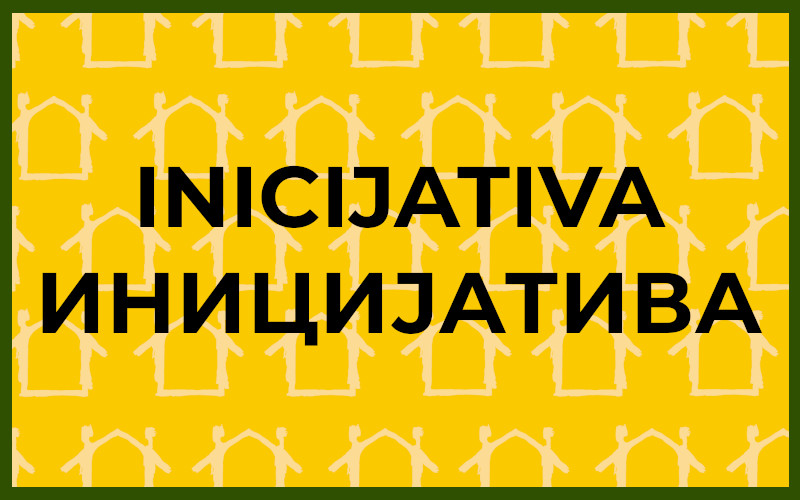The time of great repression and attacks on human rights and freedoms in Bosnia and Herzegovina, above all in Republic of Srpska, has been widely announced, and by all accounts, it has already begun. The most under attack is the freedom of expression, which has been pushed into a corner and state before censorship by the amendments to the Criminal Code of the Republic of Srpska, primarily by the re-criminalization of defamation and the criminalization of revealing personal and family circumstances.
As the public already knows, the amendments to the Criminal Code of the Republic of Srpska with Article 208a prescribed that defamation is a criminal offense, while Article 208b on disclosure of personal and family circumstances is prescribed as a criminal offence. These criminal offenses, as explained, protect the honor and reputation of physical persons, above all citizens of Republic of Srpska. However, the provisions themselves are written unclearly and without the use of clear legal standards, which in addition to the lack of explanation and quality public discussion, without knowing who the authors are, is an additional factor for fear of interpretation and application. Therefore, this manual should be viewed as a guideline, but not as a safe map, nor as mandatory rules of conduct.
Defamation has been decriminalized in Bosnia and Herzegovina, including at the level of Republic of Srpska, for two decades. Defamation protection could be sought and achieved in civil proceedings, based on a lawsuit. Now, with the re-criminalization of defamation, but in a different procedural system, where there is no private criminal lawsuit, defamation has become a criminal offense that is prosecuted ex officio. This will result in all the legal consequences of conducting criminal proceedings, and the citizens will have the entire state apparatus against them. All this also applies to revealing personal and family circumstances. Punishments for these acts are fines, but it is important to note that in addition to the fine for the author, the legal entity to whom or for who he/she commits the crime may also be liable and be punished, and all this does not prevent the compensation of damages that the injured party can claim in civil proceedings as before. This is followed by increasingly frequent attacks on journalists and activists, human rights defenders, and attempts to conduct criminal proceedings against journalists, all for the purpose of intimidation, stifling freedom and creating an atmosphere that encourages self-censorship. In such a situation, there was a need for a brief overview and instructions for action. This manual consists of two main parts: Prevention (which deals with the various phases of preventive action and adaptation of the work of journalists and activists/organizations to new situations, and taking the necessary steps for personal protection) and Procedures in the Case of an Investigation (which will deal with the necessary steps and behavior in situations when they are already in the proceedings, either as witnesses or as suspects, with a detailed description of their rights).
This manual will not be any guarantee that there will be no (mis)use of rights and that persons who have behaved in the described manner will not find themselves in a situation where criminal proceedings are conducted against them. However, their position in that case will be much better and more favorable if they have followed the guidelines and advice from this manual. The ultimate goal of this manual is that no journalist and activist will be convicted of criminal offenses in connection with their work and thus provide a guarantee and reduce the fear of new criminal offenses and actions by the authorities.
The manual can be downloaded here.



